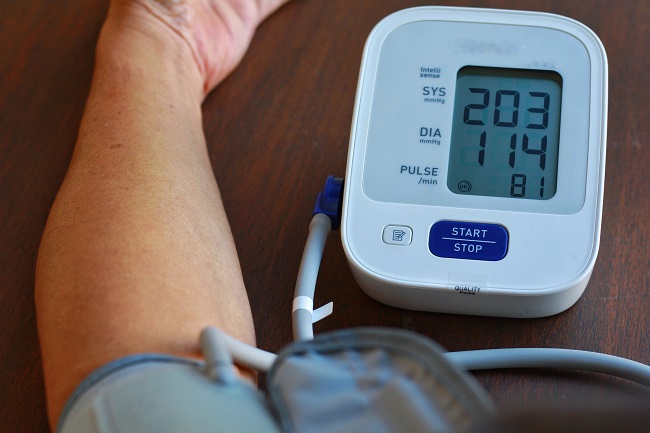
High blood pressure, or hypertension, is a common yet potentially serious condition that often requires regular monitoring. With advancements in technology, home high blood pressure monitors have become a convenient and reliable way to keep tabs on your blood pressure without frequent visits to the doctor’s office. This guide will walk you through the essential factors to consider when purchasing a reliable home high blood pressure monitor.
Accuracy is Key
Accuracy is paramount when it comes to monitoring your blood pressure. Look for monitors that are validated and approved by relevant medical authorities, such as the American Heart Association (AHA) or the British Hypertension Society (BHS). These validations indicate that the device has undergone rigorous testing to ensure its measurements are consistent and accurate.
Type of Monitor
There are two main types of home blood pressure monitors: upper arm monitors and wrist monitors. Upper arm monitors are generally considered more accurate because they are closer to heart level and less prone to user error. Wrist monitors can be convenient, but their readings may be affected by the device’s positioning and the user’s movements. For optimal accuracy, an upper arm monitor is recommended.
Cuff Size and Fit
A properly fitting cuff is essential for accurate readings. Measure your upper arm’s circumference and choose a monitor with an adjustable cuff that fits within your measurement range. An ill-fitting cuff can lead to inaccurate readings, potentially causing unnecessary concern or missing a genuine problem.
User-Friendly Design
A user-friendly interface and easy operation are crucial, especially if you’re not tech-savvy. Look for a monitor with a clear, large display that shows readings in an easy-to-read format. The device should also have straightforward buttons and intuitive controls to ensure hassle-free operation.
Memory and Data Storage
Many high-quality monitors come equipped with memory and data storage features that allow you to track your blood pressure over time. This feature is particularly useful for sharing your historical data with your healthcare provider during check-ups. Look for a monitor with ample storage capacity and the ability to sync data with a mobile app or computer.
Power Source
Home blood pressure monitors typically use batteries or an AC adapter for power. Consider your preferences and the availability of power sources in your home. Battery-operated monitors offer portability, while AC-powered ones eliminate the need for battery replacements.
Price and Warranty
While it’s tempting to opt for the cheapest option, remember that your health is at stake. Invest in a reputable brand with a proven track record of accuracy and reliability, even if it means spending a bit more. A higher price often reflects better quality and more accurate readings. Additionally, check for warranty coverage to ensure you’re protected against defects or malfunctions.
Online Reviews and Recommendations
Before making a purchase, research online reviews and seek recommendations from healthcare professionals or trusted sources. Real-life experiences from other users can provide valuable insights into a monitor’s accuracy, ease of use, and overall performance.
Conclusion
Purchasing a reliable home high blood pressure monitor is a proactive step towards managing your health effectively. By considering factors like accuracy, type of monitor, cuff size, user-friendliness, data storage, power source, price, and online reviews, you can make an informed decision that aligns with your health monitoring needs. Remember, your health is your most valuable asset, and investing in a quality blood pressure monitor is a wise choice for a healthier future. Always consult with your healthcare provider for guidance on selecting the best home monitor for your specific medical needs.
Related Articles & Free Vermont Maturity Magazine Subscription

5 Steps to Properly Manage Blood Pressure
Climb Stairs to Lower Blood Pressure and Strengthen Leg Muscles






Comment here